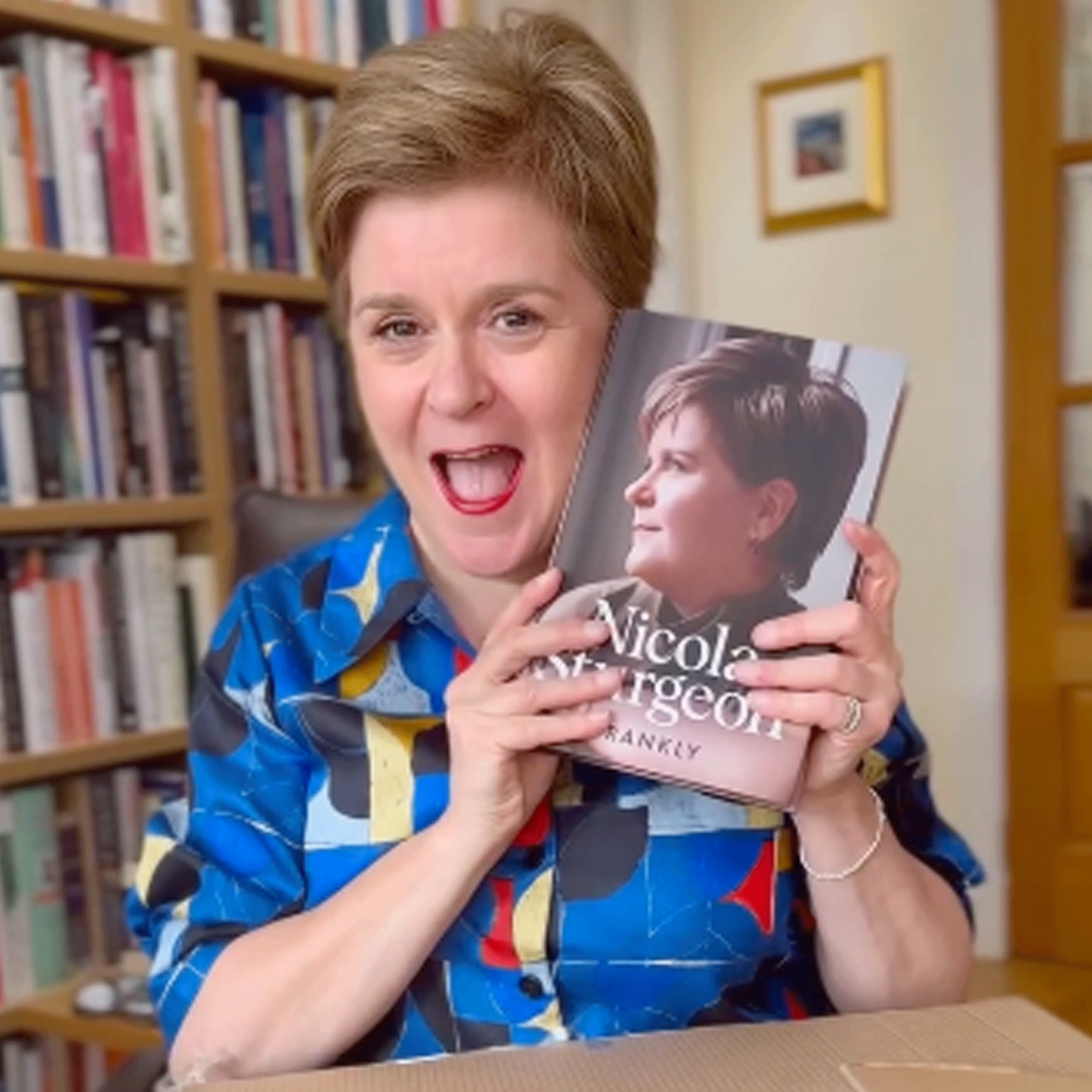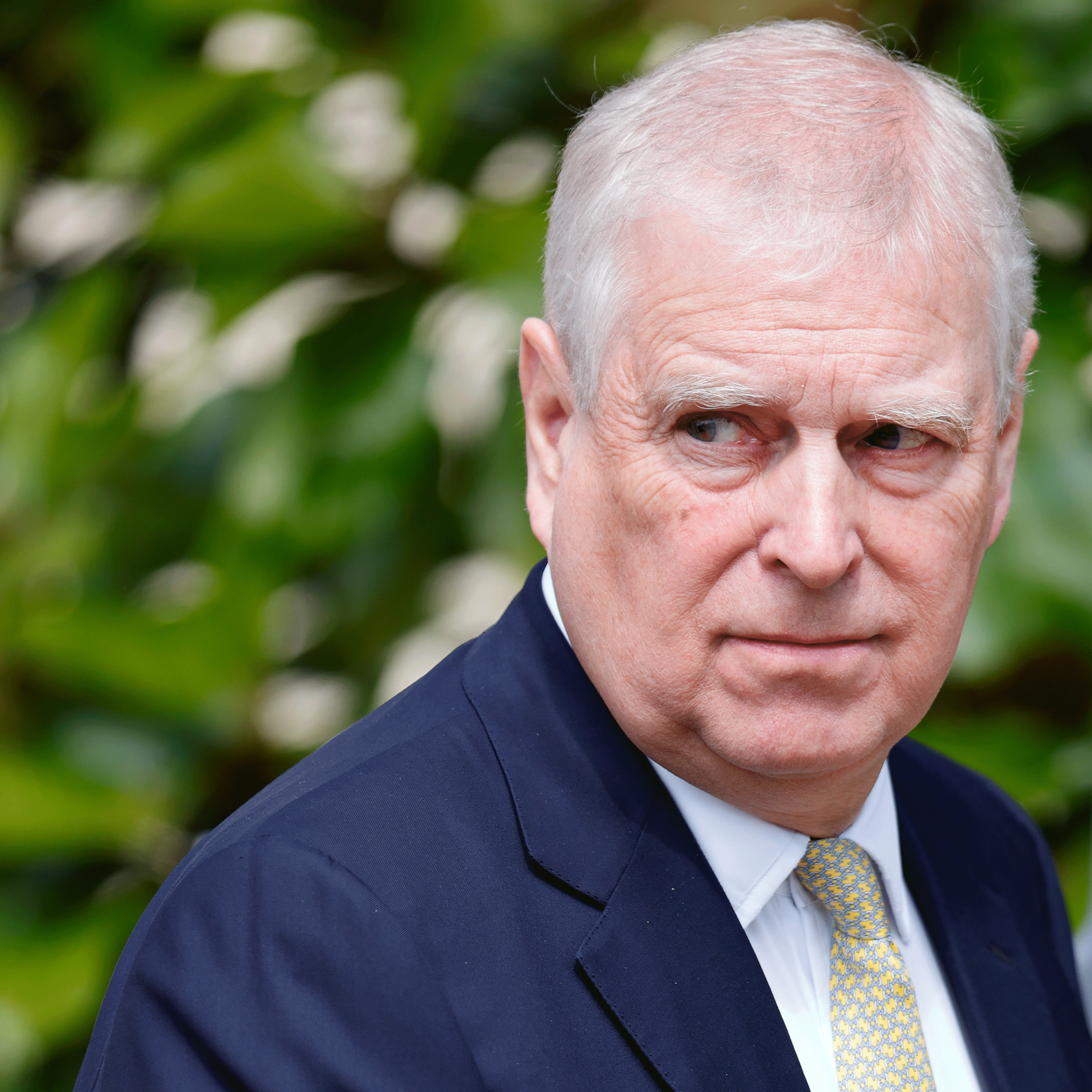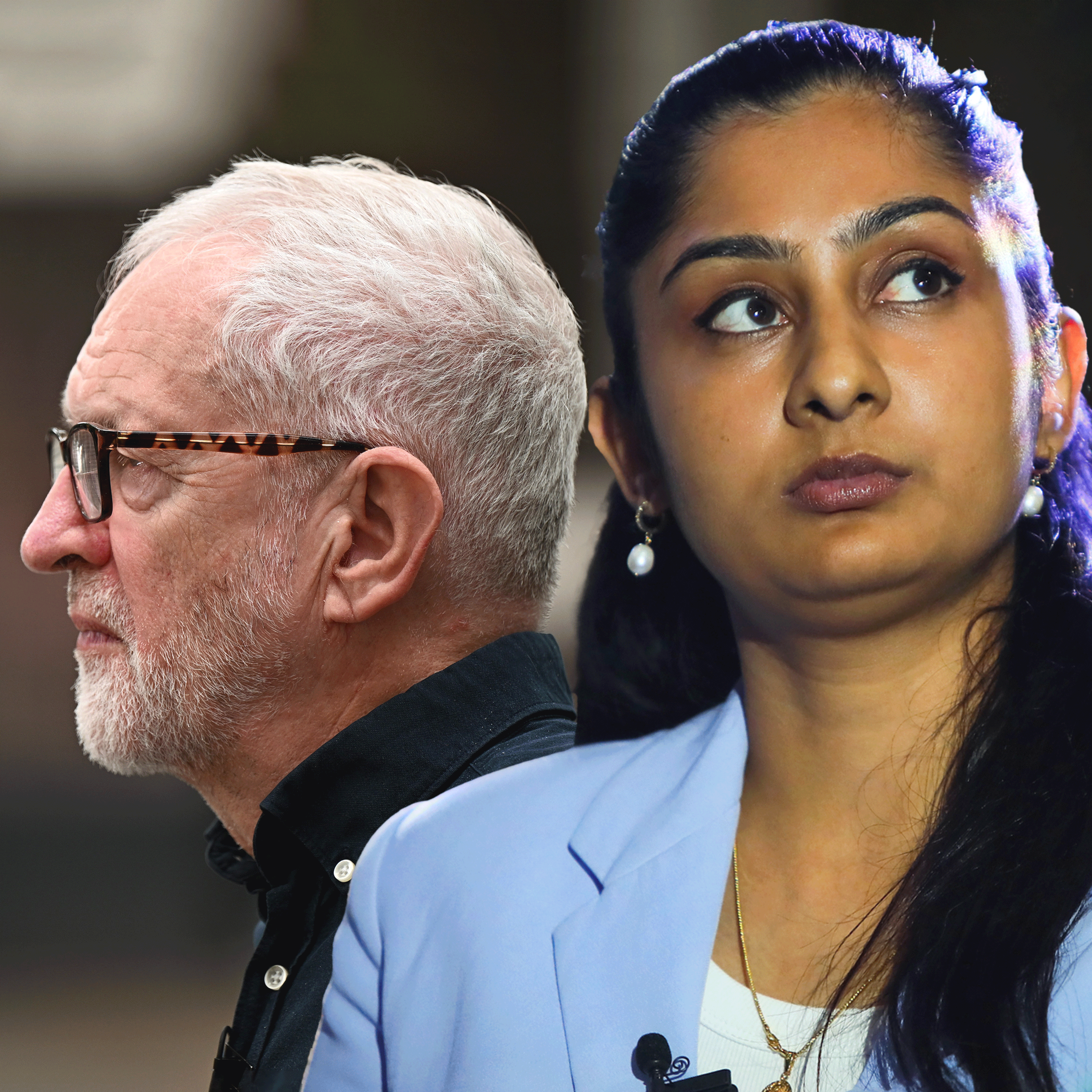153: Scott Free
Ian, Helen, Adam and Andy discuss the new memoir by Nicola Sturgeon and its effect on Scottish politics, the risks of falling in love with ChatGPT, and the rise in British columnists phoning it in from abroad.
Press play and read along
Transcript
Transcript is processing—check back soon.
Page 94: The Private Eye Podcast — 153: Scott Free





